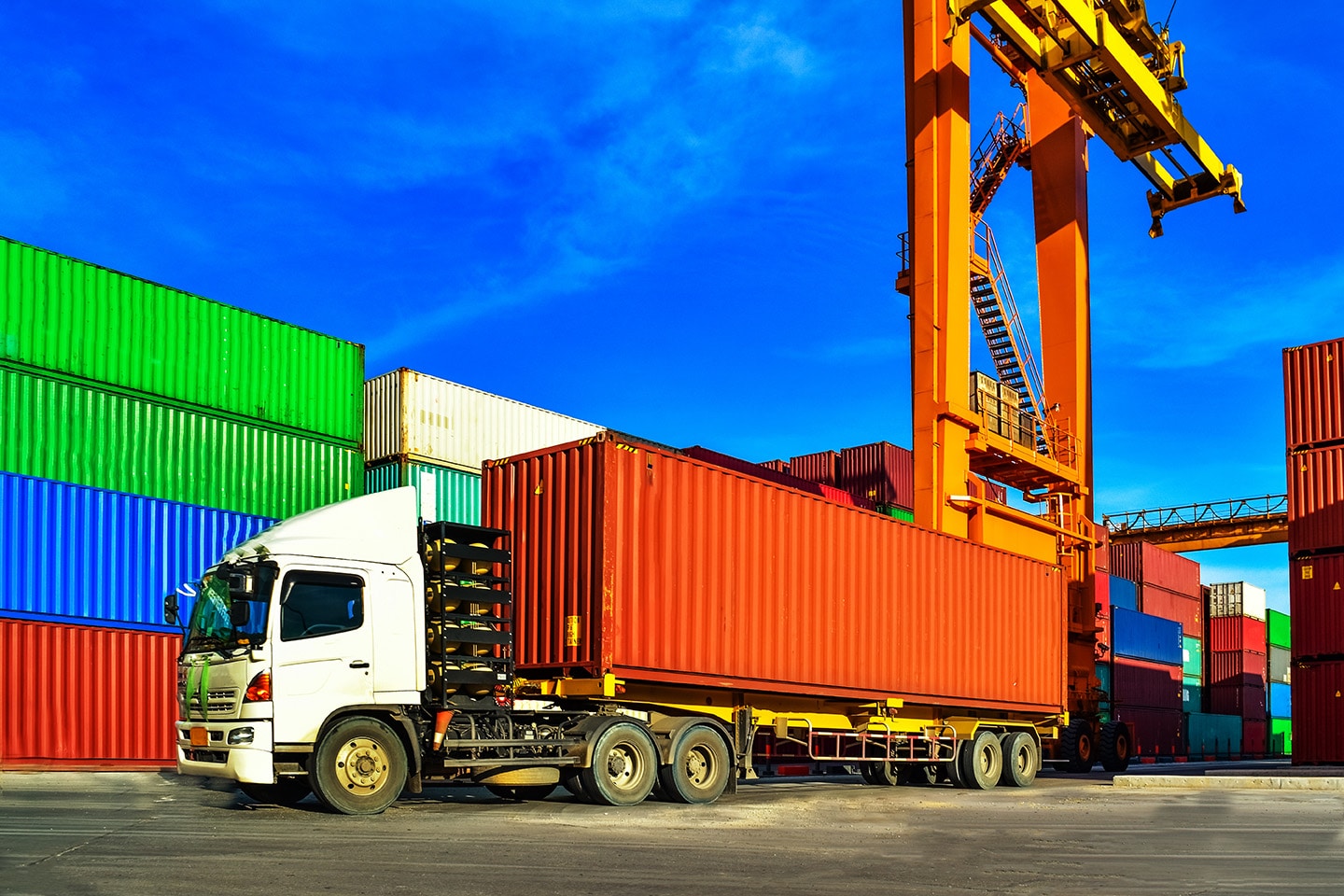
Revolutionizing Logistics: How Modern Solutions Drive Efficiency and Growth for Today’s Supply Chains
Introduction In the fast-paced world of logistics, where precision and timeliness are paramount, businesses depend on cutting-edge solutions to streamline operations and optimize efficiency. As customer expectations grow and technology continues to evolve, logistics companies must embrace innovative solutions to remain competitive. This article delves into the transformative role of modern logistics solutions company, exploring the technologies, strategies, and best practices that drive success for logistics firms in today’s market.
1. The Evolution of Logistics: From Traditional Practices to Advanced Solutions
- Historical context: How logistics has evolved from manual processes to automated systems.
- Modern demands: Increased pressure for transparency, accuracy, and speed in today’s logistics environment.
- Importance of data: Real-time data and analytics play a crucial role in modern logistics, helping companies make informed decisions.
2. Key Technologies Shaping the Future of Logistics
- AI and Machine Learning:
- Predictive analytics for demand forecasting.
- Optimizing routes to reduce fuel costs and improve delivery times.
- Internet of Things (IoT):
- Enhancing asset tracking, especially in warehousing and fleet management.
- Real-time monitoring of vehicle conditions and shipment temperatures.
- Blockchain Technology:
- Providing transparency in supply chains and secure data-sharing.
- Eliminating fraud and enhancing traceability.
- Robotic Process Automation (RPA):
- Reducing human error in data entry and logistics processing.
- Enabling automated, repetitive tasks to free up human resources for strategic work.
3. Addressing Supply Chain Visibility and Traceability Challenges
- Customer expectations: Increasing demands for real-time tracking from both customers and businesses.
- End-to-end visibility: Using tracking software and IoT to offer seamless insight into every step of the supply chain.
- Building trust: Transparent supply chains lead to improved relationships with customers and suppliers.
4. Enhancing Operational Efficiency through Logistics Management Software
- Warehouse Management Systems (WMS):
- Real-time inventory tracking and automated stock management.
- Integration with other software for streamlined processes.
- Transportation Management Systems (TMS):
- Route optimization for faster and more efficient deliveries.
- Centralized control over logistics operations, enabling quicker response times.
- Order Management Systems (OMS):
- Automated order processing from start to finish.
- Reducing errors in order fulfillment, leading to increased customer satisfaction.
5. Green Logistics: Reducing Environmental Impact
- Sustainable practices: Adopting eco-friendly policies and technologies.
- Energy-efficient transportation: Electric vehicles, hybrid fleets, and optimized routes for fuel savings.
- Reverse logistics and recycling: Ensuring products are responsibly recycled or reused.
6. Overcoming Common Challenges in Logistics
- Inventory management issues: Strategies for avoiding overstocking and stockouts.
- Last-mile delivery complexities: Innovative approaches to solve last-mile delivery challenges, such as drone deliveries and micro-distribution centers.
- Adapting to demand fluctuations: Flexibility in handling peak seasons and global disruptions like pandemics.
7. Case Studies: Success Stories in Logistics Solutions
- Highlight real-life examples of companies that have successfully implemented logistics solutions.
- Discuss the specific tools or strategies used and the impact on their efficiency, profitability, and customer satisfaction.
8. Future Trends and What Lies Ahead in Logistics Solutions
- Autonomous delivery vehicles and drones: Transforming last-mile logistics.
- AI and data-driven decision-making: Enabling logistics companies to stay ahead of industry trends.
- Continued emphasis on sustainability: How companies will increasingly adopt eco-friendly practices.
Conclusion In a world where logistics is the backbone of global trade and commerce, embracing modern logistics solutions company is essential. By leveraging advanced technologies and optimizing operations, companies not only meet customer expectations but also foster growth, reduce costs, and make a positive impact on the environment. The future of logistics lies in adaptability, innovation, and a commitment to excellence, which can only be achieved through comprehensive, data-driven solutions.